Physicists and other experts react to ‘Oppenheimer’
By François Diaz-Maurin | July 28, 2023
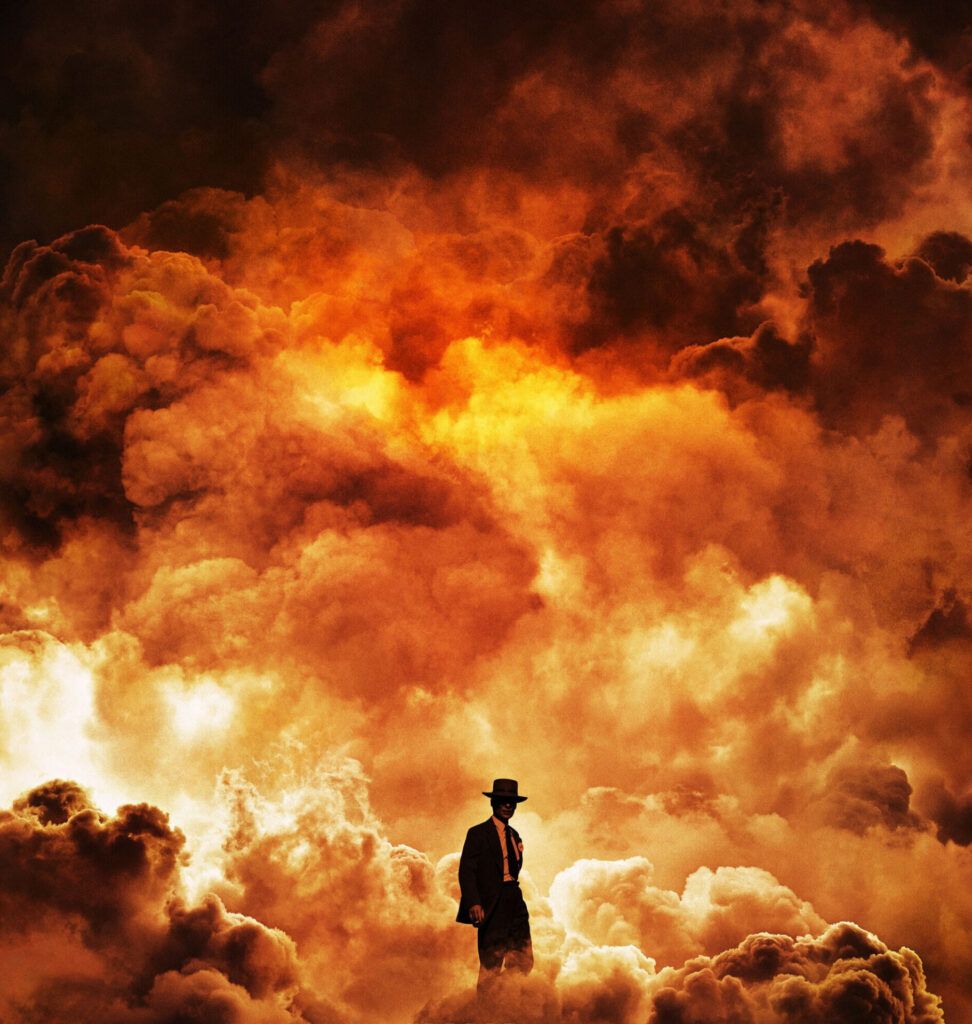 Christopher Nolan's "Oppenheimer" (Universal Pictures)
Christopher Nolan's "Oppenheimer" (Universal Pictures)
On July 21, Christopher Nolan’s Oppenheimer hit theaters, in what was probably the most-anticipated release this summer—only matched by the toy-based satire Barbie to become the moment’s movie frenemies, storming the box office in a big box-office Barbenheimer weekend.
Nolan’s biographical film dramatizes the life of J. Robert Oppenheimer, the iconic physicist and wartime director of the Los Alamos Laboratory in New Mexico, as he and his fellow atomic scientists and engineers rushed to develop the first atomic bomb in the early 1940s.
The movie’s first reviews have brought it much critical acclaim and focus on the fascinating story of a man whom Nolan considers “the most important person who ever lived.” But the film is also, according to Nolan, a means for “getting back to basics about the bomb, stripping away policy statements, philosophy, the geopolitical situation and just looking at raw power that’s about to be unleashed and what that means for the people involved and means for all of us.”
To assess Oppenheimer’s portrayal of the atomic bomb, its development, and its impacts, the Bulletin invited physicists, historians, and other experts to comment on what the movie gets right (or wrong), what it leaves out, and whether it cuts corners. Taking highly complex scientific concepts and associated battles for power about arguably the most consequential invention in human history and turning those into a piece of art and entertainment promised to be a daunting task. So, does Nolan’s Oppenheimer rise to the challenge?
Oppenheimer’s vision for arms control is still upon us
‘Oppenheimer’ is terrific. But it’s just a movie
Thought-provoked by ‘Oppenheimer’
‘Oppenheimer’, the bomb, and arms control, then and now
‘Oppenheimer’ depicts a man becoming powerful—and irrelevant
Nuclear weapons since Oppenheimer: Who’s in control?
What ‘Oppenheimer’ can teach today’s scientists
Nolan’s ‘Oppenheimer’: an artistic visual tapestry of the bomb’s science and power intricacies
Widening the field of view on ‘Oppenheimer’
Together, we make the world safer.
The Bulletin elevates expert voices above the noise. But as an independent nonprofit organization, our operations depend on the support of readers like you. Help us continue to deliver quality journalism that holds leaders accountable. Your support of our work at any level is important. In return, we promise our coverage will be understandable, influential, vigilant, solution-oriented, and fair-minded. Together we can make a difference.
Keywords: Christopher Nolan, J. Robert Oppenheimer, Los Alamos, Manhattan Project, Trinity test, atomic bomb, movie, nuclear weapons
Topics: Nuclear Weapons
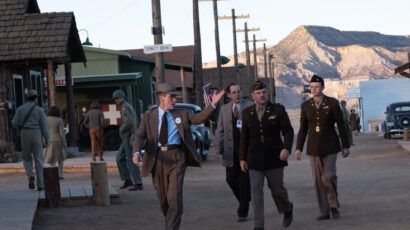

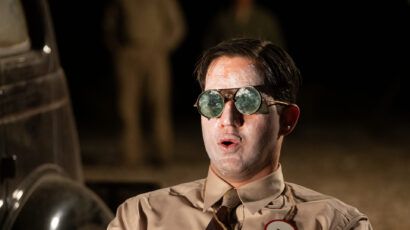
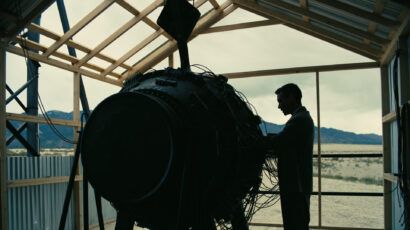
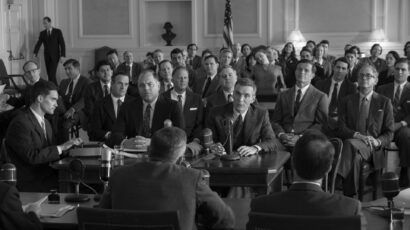

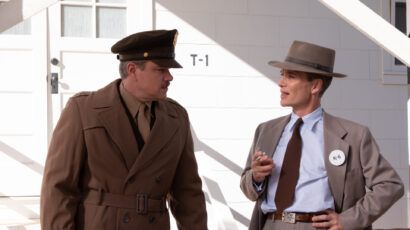

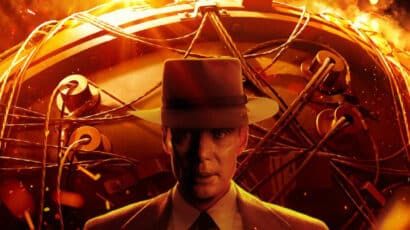

















Just saw the movie and it was serious, gut wrenching, star studded and hard to watch at points. Not a date movie or a feel good movie. Get ready
It’s a fine date movie if you have an intelligent girlfriend who likes to discuss issues, science and history.
We saw this in IMAX 70mm, and although the explosion was spectacular, we felt the film could have used some original footage. The lack of a mushroom cloud detracted from the realism.
The movie did a poor job introducing the characters, and there were WAY too many of them who were irrelevant. I was also looking forward to seeing the great Richard Feynmann, but I apparently blinked and missed him. All the jumping back and forth in time made no sense whatsoever. I guess their budget came up short, because they shot some time in black and white, because that’s the only real explanation that makes sense there, as well. Very, very difficult to follow – and this from one who knows much of the story.